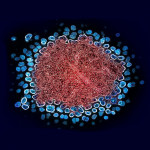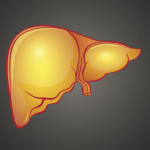The National Institutes of Health (NIH) has announced that today, September 18, is National HIV/AIDS and Aging Awareness Day. The announcement is being used to highlight several research initiatives aimed at granting money to scientists studying issues related to aging adults who are HIV positive.
Given the success of antiretroviral therapy, people are now living much longer with HIV. It has become apparent that a number of health issues—such as heart disease and certain cancers—that typically strike HIV-negative people when they are in their 60s and 70s are affecting HIV-positive people at a younger age and at higher rates. These data are of growing concern to people with HIV, their health care providers, and AIDS researchers.
The awareness day was announced by Anthony Fauci, MD, director of the National Institute of Allergy and Infectious Diseases; Richard Hodes, MD, director of the National Institute on Aging; and Jack Whitescarver, PhD, director of the NIH’s Office of AIDS Research.
“Gaps remain in scientific knowledge about the effects of HIV and antiretroviral therapy on aging. To that end, NIAID, NIA, the National Institute of Mental Health and the National Institute of Nursing Research, all part of NIH, are soliciting research proposals to explain and prevent a spectrum of biomedical problems faced by older adults with HIV infection,” Fauci wrote in an NIH press statement.
“In the absence of a cure for HIV,” he continued, “this first annual National HIV/AIDS and Aging Awareness Day marks an opportunity to rededicate ourselves to research aimed at preventing HIV infection in older adults and improving the health and quality of life of those who are infected.”
Advertisement
Advertisement
Advertisement






2 Comments
2 Comments